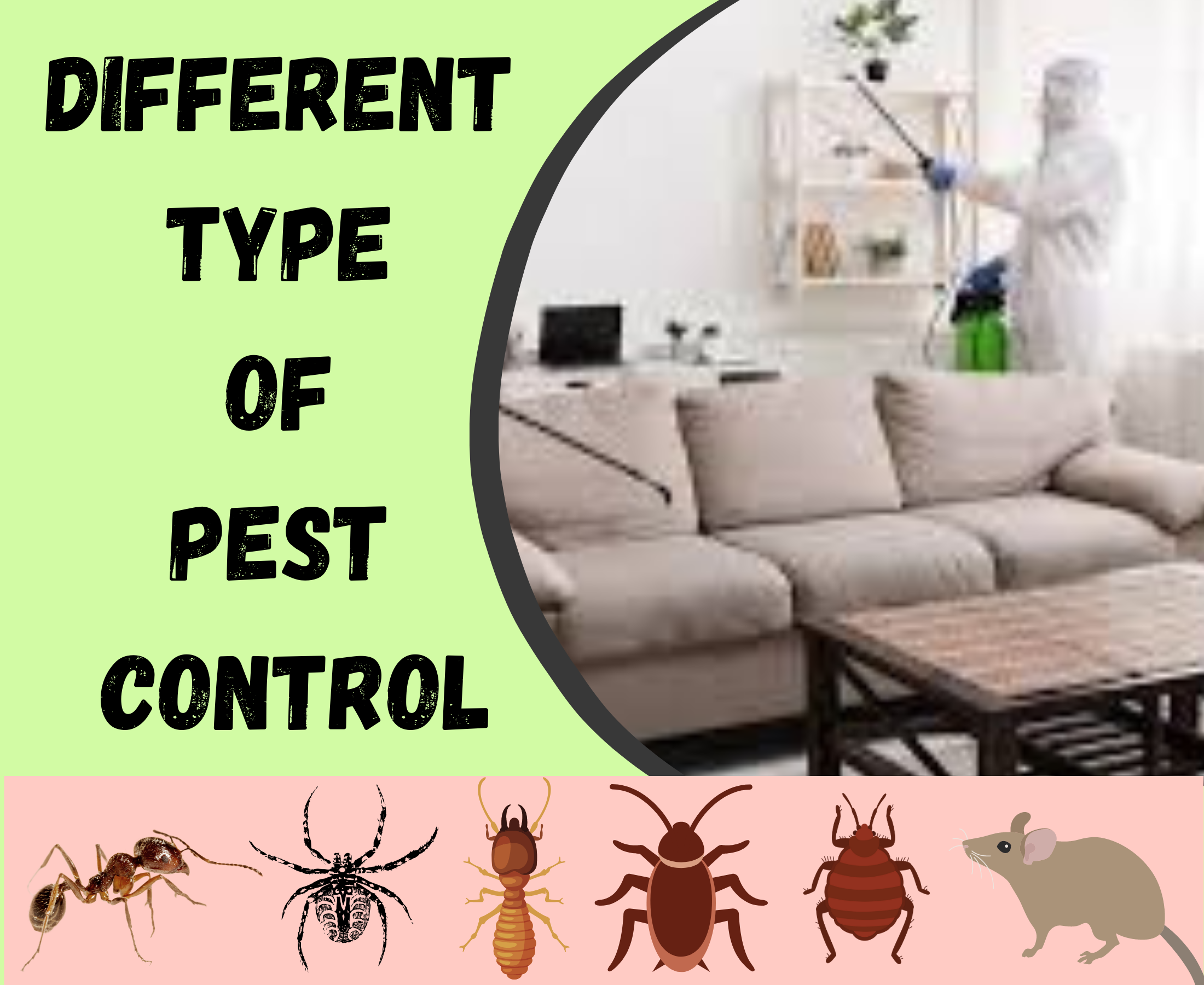Everything about Pest Control
Everything about Pest Control
Blog Article
Some Known Facts About Pest Control.
Table of ContentsWhat Does Pest Control Do?Unknown Facts About Pest ControlThe Ultimate Guide To Pest ControlGetting My Pest Control To WorkRumored Buzz on Pest Control
Limitations of Chemical Monitoring Be able to evaluate pest issues, identify if monitoring is required, and make suitable referrals using IPM strategies. Be familiar with various methods of pest administration - their advantages and restrictions.This phase talks about (IPM), an approach that utilizes understanding about bugs and their, practices, nonchemical techniques, and chemicals to manage insect troubles. Added information regarding IPM for details plants is included in chapters that focus on those plants. Nonchemical pest control procedures are stressed in phase 17, "Organic Horticulture." Managing birds and animals is covered in phase 20, "Wild animals." Managing in the lawn and garden is covered in phase 6, "Weeds." Pests in a garden or landscape may include pests and termites, weeds,, mammals, and birds.
Insects and weeds, however, play a role in the. After growing a yard or developing a yard, the all-natural procedure of plant sequence starts to restore and nonnative plants.
What we call "bugs" are part of a natural system at job. Only people consider particular types insects when they take place where they are not wanted.
How Pest Control can Save You Time, Stress, and Money.
Bugs susceptible to a chemical were swiftly killed, leaving resistant ones to reproduce and multiply. It ended up being clear that chemicals alone would not fix all bug problems. Instead, overuse of chemicals caused the advancement of immune pests. Scientists started to create a new approach to pest control. This brand-new technique was called integrated bug monitoring (IPM).
An IPM plan enables some degree of parasites in the environment. Pests are much less likely to make it through a program that makes use of various methods of minimizing their populaces. Integrated pest administration was initial recommended by entomologists due to the fact that pests were the initial team of pests to confirm difficult to handle with chemicals alone.
A threshold is the factor at which activity must be taken. IPM has actually expanded beyond pests to monitoring of all pest populaces: weeds, illness organisms, and mammals.
The Buzz on Pest Control
Monitoring as opposed to removal of insects is the objective. An IPM plan starts with a mindful examination of each insect infestation. Only after that can one make a decision about the ideal strategies necessary to reduce pest tasks. The life process of the bug, possible damage, all-natural opponents, and results of weather, to name a few factors, are taken into consideration before a control strategy is implemented - Pest Control.
Clover growing in a yard might be considered as an unwanted weed, however as a bean it is manufacturing nitrogen for the soil and the flowers are supplying nectar to honey and various other. Resistance for some weeds might become part of an IPM plan. might be consuming the fallen leaves of a plant, but when they are determined as the larvae of Eastern tiger swallowtail butterflies, their damage might be endured so we check my site can enjoy the lovely butterfly.

The second crucial tool in bug monitoring is early treatment. Existing and observant in the yard guarantees very early detection. Reacting to issues quickly, before they have time to increase, calls for a less significant treatment. The third most crucial device is recordkeeping; tracking what happens in the yard allows a garden enthusiast to recognize patterns and make notified choices.
The Only Guide for Pest Control
Numerous safe, functional, nonchemical approaches of plant defense and bug administration might lower or remove the demand to spray. Various other methods are most useful when utilized with pesticides. To implement monitoring techniques properly and to lessen losses, gardeners ought to recognize the kinds of parasites that strike plants and comprehend pest her comment is here biology.

Conducting a dirt examination and using only the suggested quantity of plant food and lime makes the most of the advantage to the plant while decreasing problems related to too much use fertilizer - Pest Control. Covering the soil with a number of inches of compost shields the plant in numerous ways: lowering soil water loss to dissipation, reducing weed competition, giving nutrients, and producing an ideal atmosphere for earthworms and microbes that maintain the soil loosened for roots and damage down natural material to launch nutrients
If mulch touches the trunk, it can produce a method for voles, microorganisms, and fungis to strike the plant. Do not utilize manure or garden compost that has actually not thoroughly disintegrated as a top clothing since it can urge undesirable insects. Research recommends that farming is damaging to soil structure.
The Main Principles Of Pest Control
If tilling is regarded required, think about doing it in the autumn when the life cycles of lots of bugs brings them near the surface. At the surface, insects end up being exposed to the weather condition as well as birds and other natural adversaries. Autumn tilling can likewise damage pests in plant residues. Use disease-free and insect-free qualified seeds and plants if available.
Report this page